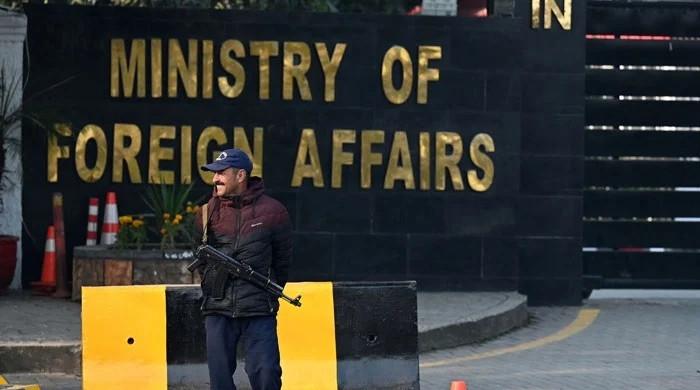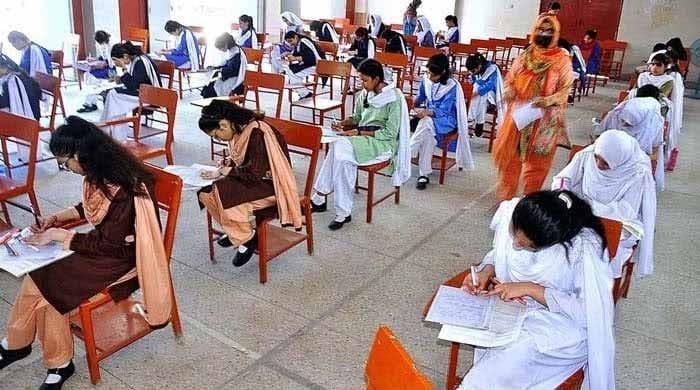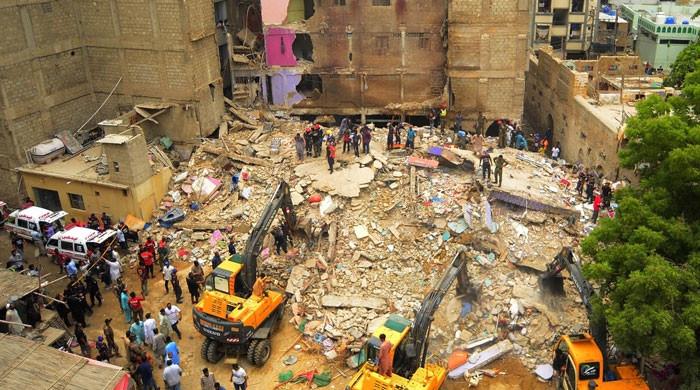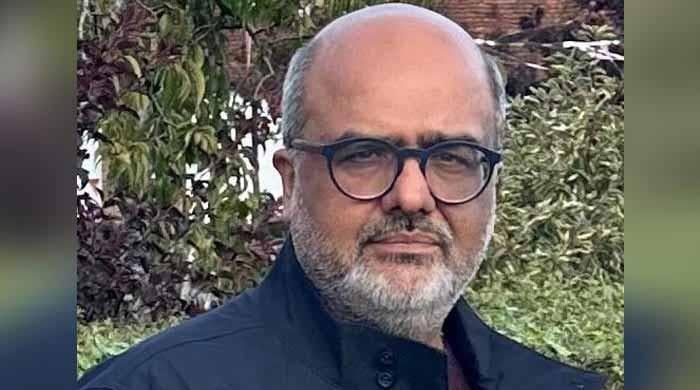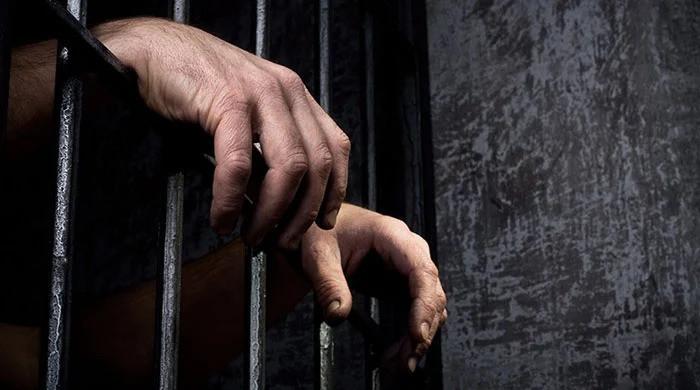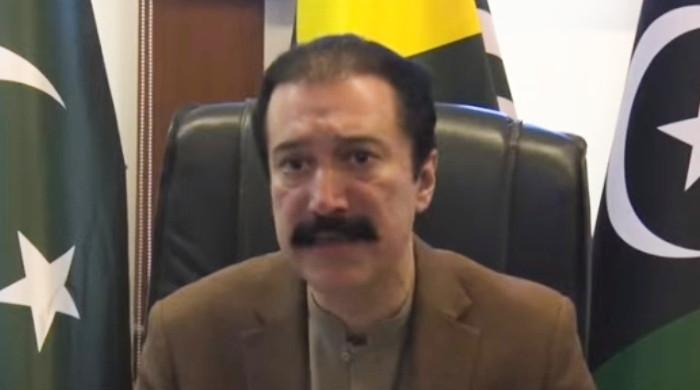People without CNICs can now get COVID-19 jabs in Karachi
People without CNICs will have to show their B-forms or educational documents to get themselves vaccinated
August 02, 2021
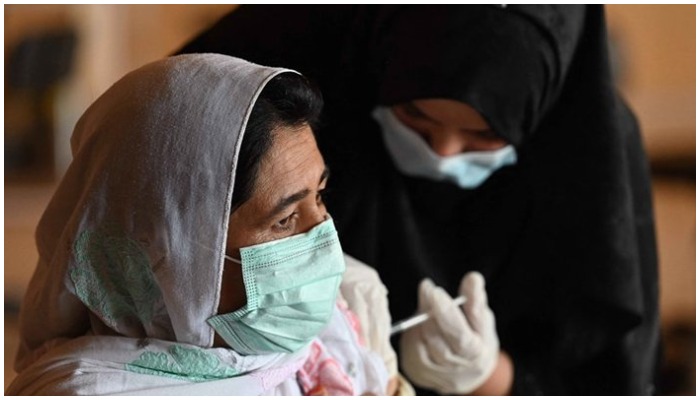
- People without CNICs will have to show their B-forms or educational documents to get themselves vaccinated, says Sindh health dept.
- Sindh's Chief Minister Murad Ali Shah had announced on July 30 that the government would be administering COVID-19 jabs to citizens who do not possess a CNIC.
- More than 2,000 citizens in Karachi have already been administered the coronavirus vaccine without having to show their CNICs.
KARACHI: In a bid to encourage more people to get themselves vaccinated against the novel coronavirus, the Sindh Health Department has announced that it would start inoculating people without a computerised national identity card (CNIC).
According to the Sindh Health Department, those who do not have a CNIC will have to show their B-forms or their educational documents to get themselves vaccinated.
As per a report published by Dawn, Sindh's Chief Minister Murad Ali Shah had announced on July 30 that the government would be administering COVID-19 jabs to citizens who do not possess a CNIC, adding that modalities for the purpose were under review.
The report, citing the Sindh health department, said that more than 2,000 citizens in Karachi have already been administered the coronavirus vaccine without having to show their CNICs.
As data related to all vaccinated citizens must be collected by the government, individuals without a CNIC had to get their biometrics done at the vaccination centres and get their mobile phone numbers registered to complete the process.
COVID-19 claims 36 more patients, infects 1,847 others in Sindh
As many as 36 more patients died of the coronavirus in Sindh as of Monday, lifting the death toll to 6,057. Meanwhile, 1,847 new cases emerged when 13,107 tests were conducted in the province, CM Murad Ali Shah said in a statement issued Monday.
He added that so far 5,039,917 tests have been conducted against which 387,145 cases were diagnosed, out of which 86% or 333,102 patients have recovered, including 325 overnight.




